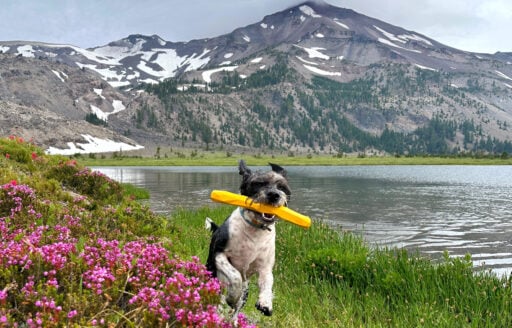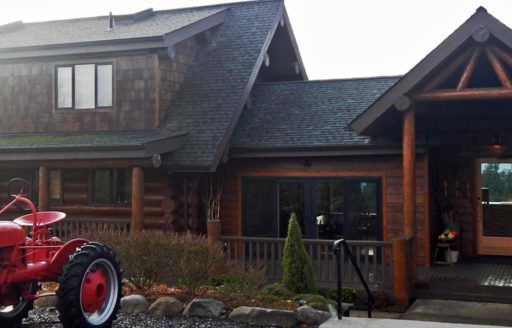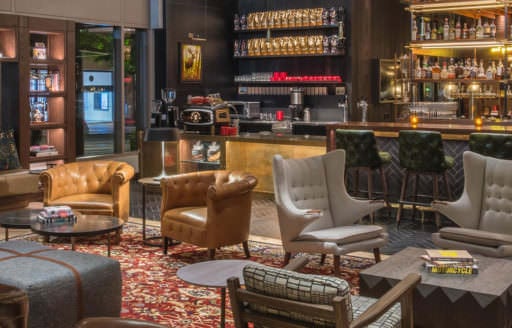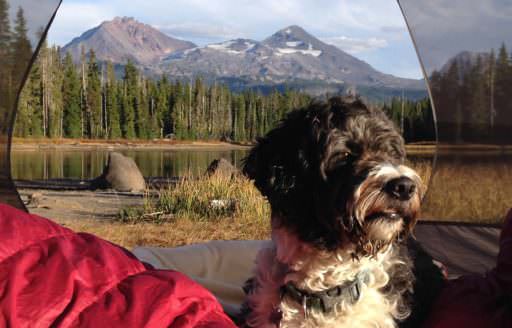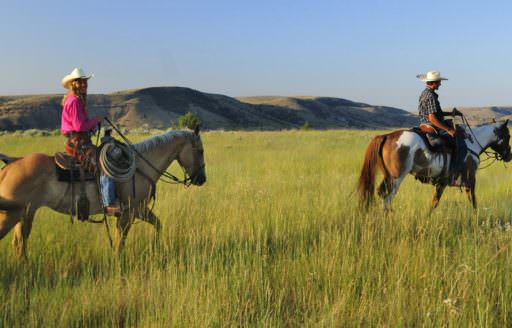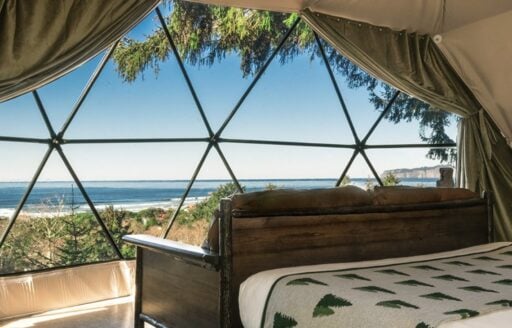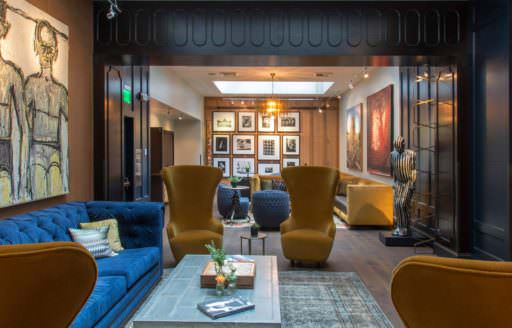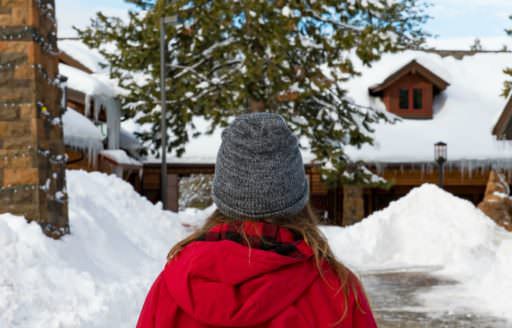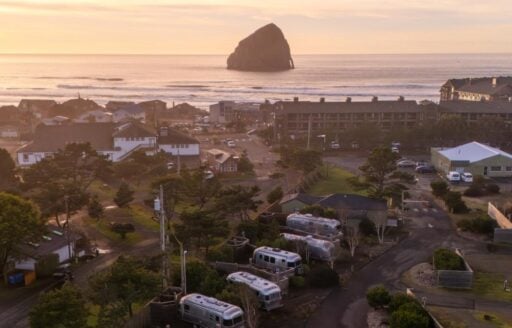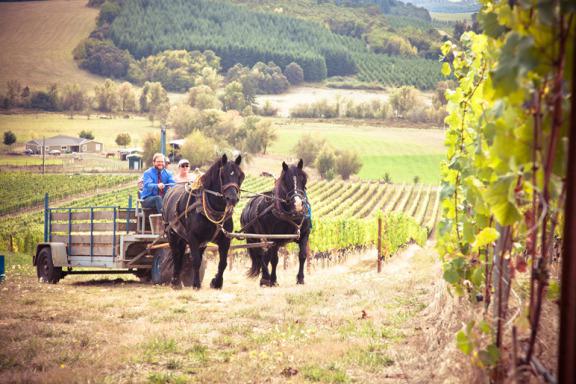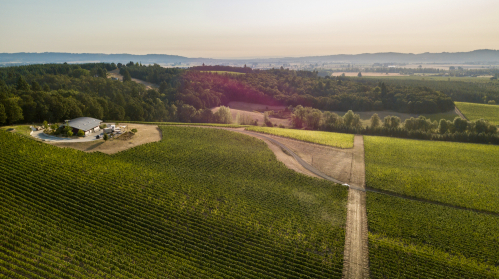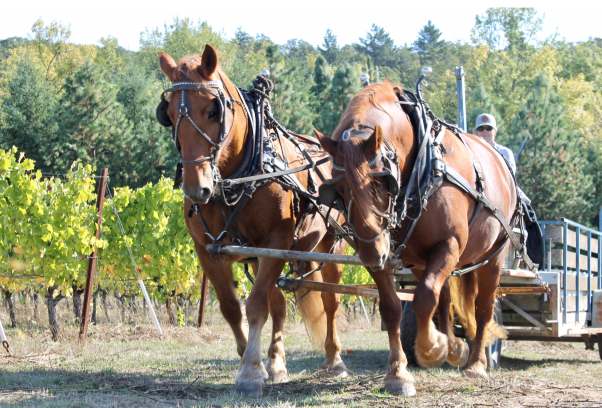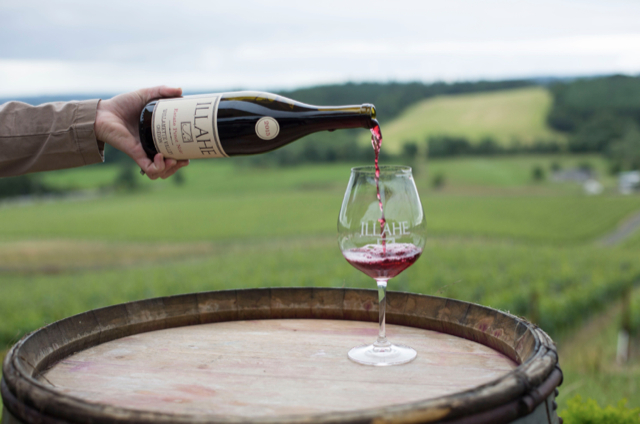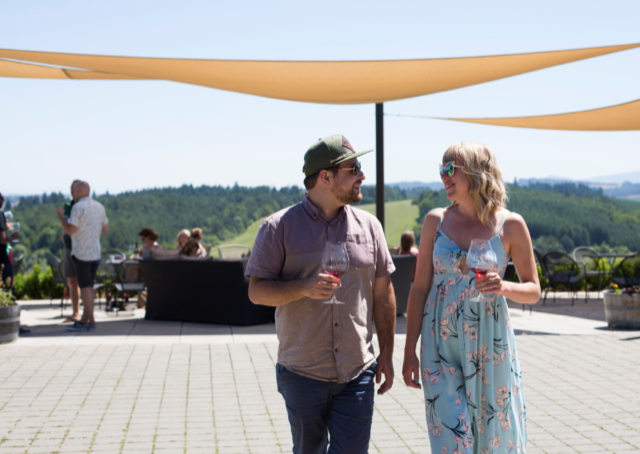At Illahe, their goal is to make wine as naturally as possible from the soil to the bottle. This requires working by hand on small lots with age-old techniques and materials.Illahe Vineyards’ focus is to make and grow quality pinot noir and white wines that express the vintage and their varietal characteristics. They don’t use enzymes or additives, and they don’t fine or filter their pinot noir. Some of the lots are made entirely by hand with no electricity or mechanization. They use a gentle wooden basket press, and age their pinot noir in French and Oregon Oak.Of course, quality wine starts with quality fruit in the vineyard. The 80-acre, south-facing vineyard lives in shallow clay soils. Like their friends in the Deep Roots Coalition, they do not irrigate mature plants. As one of Oregon’s few horse-powered vineyards, Illahe Vineyards utilizes a team of Percheron Drafts and Norwegian Fjords to mow and deliver grapes to the winery at harvest.
About Illahe Vineyards
Reviews & Ratings
Read TripAdvisor Reviews
-
New tasting room with great view and wine. Friendly.
New tasting room with great view, expert advice from staff/owner. Friendly dog. We were sent by staff at Coelho winery (Luke) in Amity. We thank him!
-
Beautiful location
I wanted to visit a vineyard while in the area, looking for one with a good view rather than next to the highway. Illahe is in a beautiful location, there is even a view of Mount Jefferson. We tasted seven wines, each one was explained as we went along. I would recommend it to anyone with even a small interest in wines.
-
A Little Light
Very nice vineyard location. Exceptionally nice folks offering the wine during the tastings with a lot of information about what you are tasting. All were very good, yet much lighter in color than other Oregon Pinots I have tried and also a little lighter on the palette.
-
Superb
Oregon vineyards are Pinot Noir. And, Illahe does Pinot proud. However, their sparkling Rosé is out of this world. Talk about a patio pounder wine! Add to the really nice juice, the views and general ambiance of the vineyard and surrounding lands - and you are in for an awesome afternoon. Illahe has done a nice job making things work in the age of social distancing and outdoor only wine tasting. My only complaint, and it’s not really a complaint - I wish they had food at the tasting room. Alas, next time we’ll plan ahead with our own picnic lunch. We went for a friends very small gathering (6 adults) birthday party on the tables overlooking the vines. It was a sunny, warm early September day - and, it was picture perfect idyllic. I love Oregon so much!!
-
Great Off-the-beaten Path Vineyard
I’d sipped only one Illahe wine (a Viognier) before scheduling a recent 4-night Willamette Valley trip, but that bottle intrigued me enough to do some due diligence on this small lot, back-to-basics producer and to make a tasting appointment. Notwithstanding the many well-established big wine names in the valley, Illahe was our overall favorite wine-related experience. Illahe has no formal tasting room, but the day was lovely and so we had our first pour on the patio overlooking the lower half of the vineyard slope. Who needs a tasting room? (Illahe doesn’t sell food, but if you BYO you can picnic on the patio if you buy a bottle.) Hospitality goddess Kathy G. shepherded us though our next 7 wines while we toured the winery in harvest mode and chatted along the way with pretty much everyone who crossed our path, including winemaker Brad F., owner/grower Lowell F., sales manager Bethany F., and cellar worker Mason C. We even got some love from Logan, the winery dog. We concluded our 2-hour visit roaming among those vines still bearing fruit. “Illahe” is the Chinook word for soil, earth or place, making it an apt name for a vineyard/winery seeking to imbue wines with a sense of place. The vineyard is located on an 80-acre, south-facing slope made up mainly of sedimentary clay plus segments of volcanic soil. Six Pinot clones thrive on 50 acres while Grüner Veltliner, Pinot Gris, Tempranillo (for a Rosé) and 3 northern Italian varietals (Lagrein, Schioppettino and Teroldego) occupy 10 more. Cover crops are spread throughout the vineyard for biodiversity and soil enrichment. Many Oregonian growers and winemakers are renowned for organic and biodynamic practices. Illahe not only fits that mold, it ups the ante with their 2015 Project 1899 Estate Pinot Noir, which was made without modern winemaking equipment, gas-powered vehicles or electricity. Yep, someone with a strong back, calloused hands and an old soul (and maybe a purple tongue :D) must run the show. The mature vines were hand-pruned and not irrigated. The grapes were hand-picked/de-stemmed/sorted, transported to the winery by Percheron draft horses named Bea & Doc, left to spontaneously ferment in wood, hand-pressed, and – get a load of this – bicycle-pumped into wood barrels to age. (Their website video illustrates the power of the pedal.) They bottled the wine without using gas and then hand-corked/waxed/applied labels. And the pièce de résistance; they brought the wine to the Willamette River by stagecoach and canoed it all the way to their Portland distributor, some ninety miles as the salmon swims. Who does that? Well, the fine folks at Illahe, that’s who. Does all that sound a bit too precious? Certainly not when you’re strolling through the vineyard admiring delicate grape clusters bursting with juice, touring the winery with the sharp tang of fermenting grapes spiking the air, or learning about the pre-industrial process from the mouths of those conjuring magic in a bottle. They’re trying to live up to their name; that’s all there is to it. The 1899 illustrates what a Mount Pisgah (soon to be a sub-AVA) site can do: 14% alcohol, warm baking spices, butterscotch brûlée and both red & dark fruit (and cocoa?) It’s a labor of love, so I understand the $68 price tag. 195 cases painstakingly produced. We tasted 3 other Pinots, the 2017 Estate $25, 2016 Percheron $43 and 2016 Bon Savage $33. They’re all good; personal Pinot preferences will dictate favorites. I feel the strongest initial affinity for the Percheron, with its emphasis on spices like cinnamon, nutmeg, clove and black peppercorn, rounded out by cedar, vanilla bean & bing cherry. Bust out some foraged wild mushroom risotto for this one. The 2017 whites were pretty terrific, too, at $19. The Grüner Veltliner and Pinot Gris are estate-grown, and the Viognier is sourced from another family holding in West Salem. My wife adored the off-dry, stainless steel-fermented Viognier, which was bursting with that varietal’s trademark floral and stone fruit aromas, echoed on the palate by macerated spiced ripe peach and balanced acid rather than creaminess. I’ve been drinking Grüner for years, and this one didn’t disappoint. Stone fruit on the nose with refreshing acid, brûléed grapefruit and a tingle of white pepper on the palate. Illahe fermented about one-third of the harvest in acacia barrels to boost complexity. Part of me likes the simplicity of 100% stainless fermentation here, but I can’t argue with the wood’s graceful herbal notes. Finally, the lustrous purple 2016 Estate Lagrein. Its medium body and bright acid give those who can handle some astringency plenty of running room for food pairing. That first sip had me craving a stinky, oozy washed rind cheese like Époisses de Bourgogne. Terrific off-the-beaten track tasting. Appointment only ($25 fee waived with a $100 purchase.)

